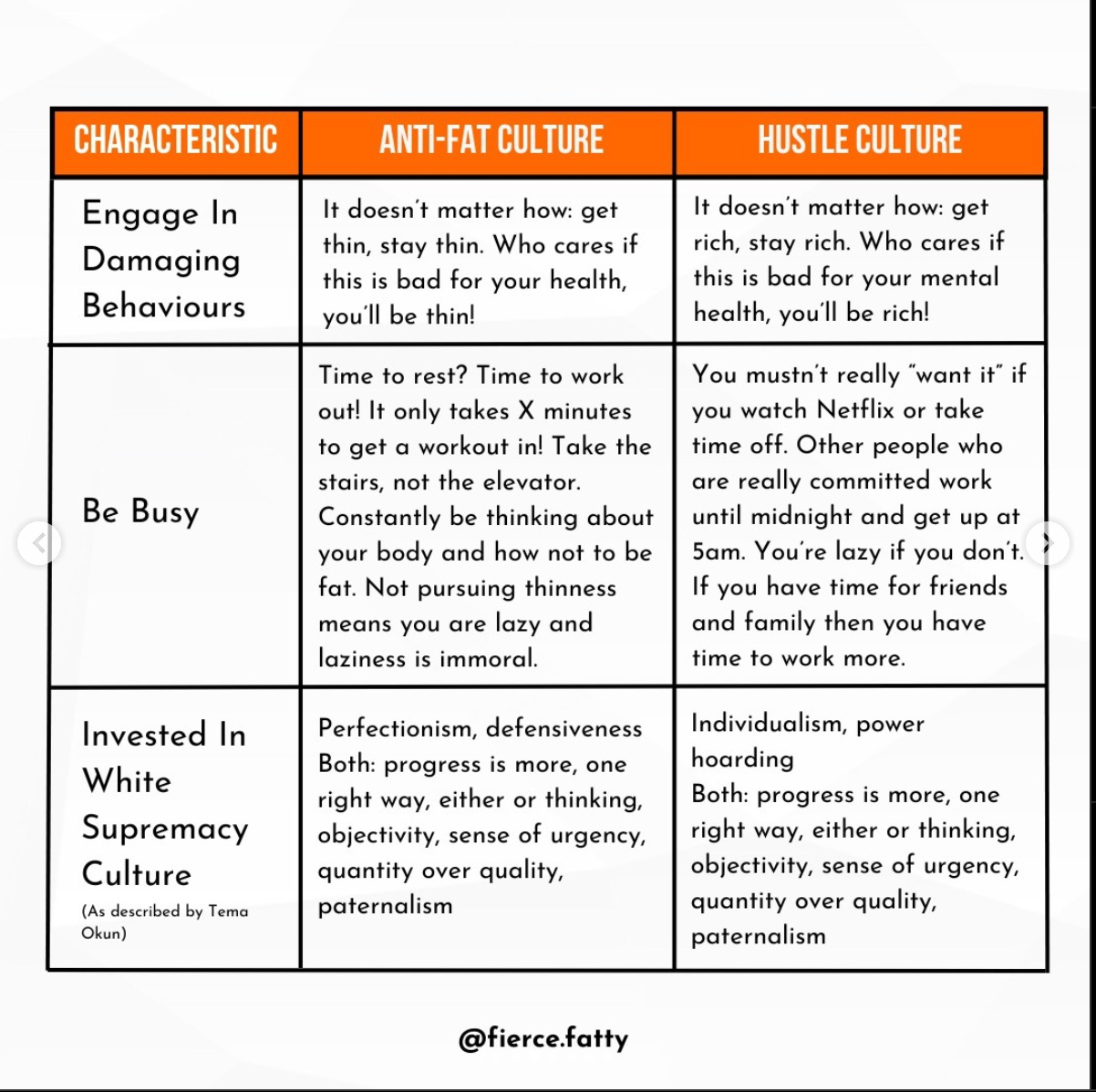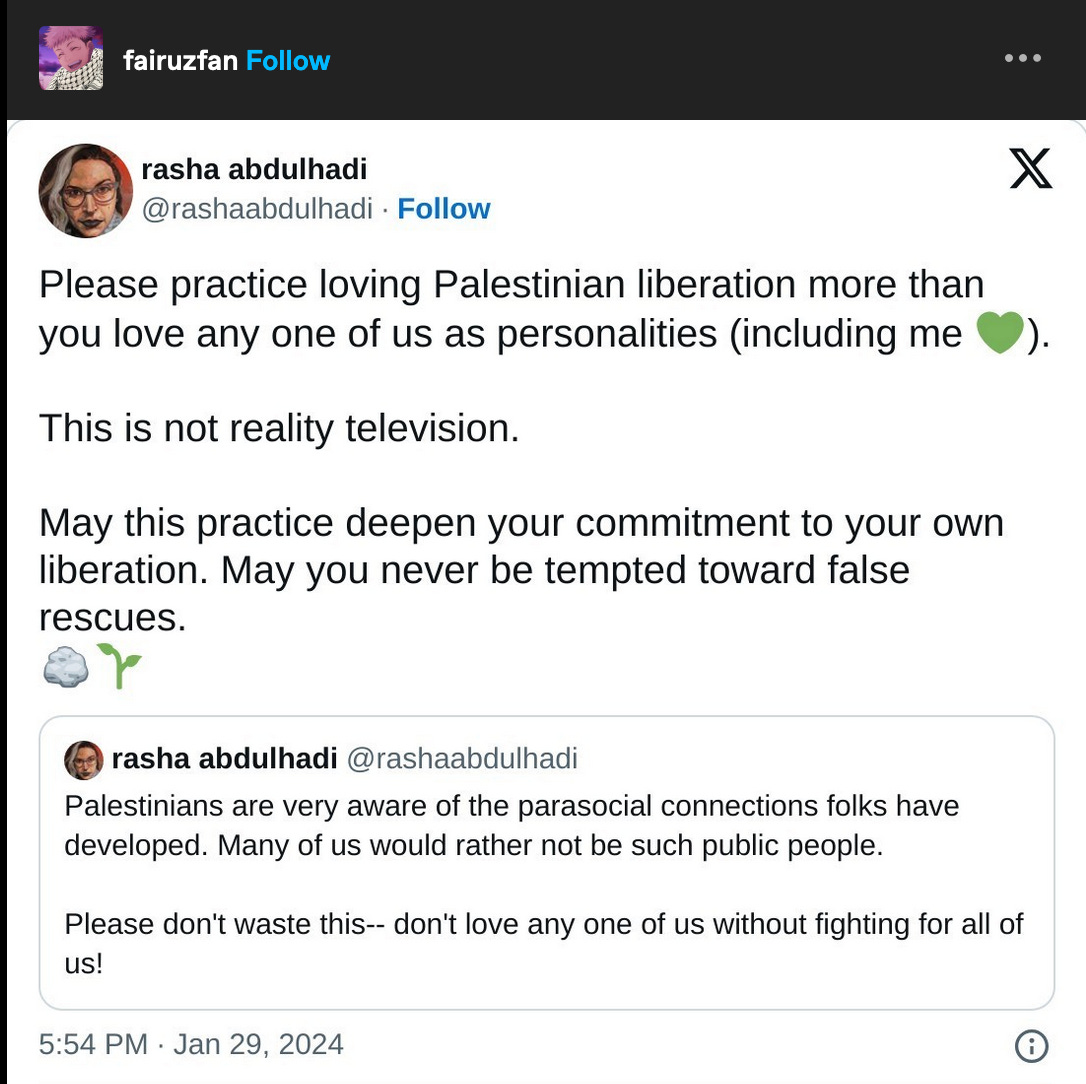our fave long(er) reads:
They Didn’t Ask to Go Viral. (Mark Hill, WIRED)
What it’s asking: What are we doing when we make each other–from loved ones to strangers–into content?
Favorite quote:
To be sure, crass and hateful public figures are worthy of ridicule. And we’ve been using the internet to judge strangers for as long as we’ve had the internet. But the common trait shared by much of the most obnoxious content today is that someone chose to elevate a stranger for no reason beyond their own gratification, attracting attention at a scale unimaginable in the days of relics like Hot or Not and People of Wal-Mart.
At best, these are misguided attempts to juice the poster’s social media presence. At worst, they are pointless cruelty. That cruelty can be addictive, but we can and must resist the urge to gawk at strangers against their will. It should, in fact, be considered rude, insulting, and wrong to have uploaded a stranger against their will. We would not go out into the streets and stir up a mob against a random person. Why are we so comfortable with doing it online?
Permission Culture Needs to Stop (Elissa Strauss, Slate)
What it’s asking: Who is permission culture for? What does it actually accomplish? How can care without curiousity or empathy ever liberate us from shame?
Favorite quote:
Permission culture is the love child of confession culture and self-care culture. “Confession culture” being the early-aughts phenomenon of someone, generally a woman, publicly sharing intimate details about the hard and ugly parts of life; “self-care culture” being the later-aughts phenomenon, adapted and extrapolated from the much more political writings of activists like Audre Lorde, in which someone, generally a woman, encourages others to protect themselves from the hard and ugly parts of life by doing everything from napping to taking expensive vitamin supplements. Both strains of discourse were born out of a real need to permit women more honesty about the stresses they experience and what it takes to heal from them. Permission culture bundles the two together, marrying confession with therapy, all to a depressingly hollow effect.
The myth of technological inevitability (, The Future, Now and Then)
What it’s asking: What narratives (& futures) are we choosing when we engage in the myth of tech inevitability? What narratives (& futures) are we ignoring?
Favorite quote:
The broader lesson is that inevitability was never more than a framing device…Inevitability serves as a rhetorical dodge, an attempt to change the temporal register of the argument from “if” to “when.”
Once we discard the heroic scientist model and the myth of tech inevitability, the course of technological and scientific advancement looks less like a railroad track and more like foliage. It has roots and branches that extend in the direction of the resources that feed it. We cannot precisely dictate or schedule that growth, but we do have substantial capacities to influence it.
Regina George has always been a lesbian (Frankie de la Cretaz, The Daily Beast)
(& the corresponding piece on
, straight people are terrible at media literacy)What it’s asking: Did we need the Mean Girls remake to state textually that Regina George is gay? Or is it just so straight people can finally understand?
Favorite quote:
Earlier this year, Rapp told Teen Vogue that in the new film, “[Regina is] also very gay," which Teen Vogue clarifies as "perhaps not in the canonical sense of the term, but Rapp promises the vibes will be there." But the vibes have always been there. It’s just that straight people often lack media literacy and the ability to read queer subtext unless it’s spelled out for them with a coming out storyline or a proclamation.
our picks from instagram:
👆🏻this thread from thecollectress about the fabricated Barbie Oscar snubs
👆🏻 this thread from fierce.fatty on the connection between anti-fat culture and hustle culture
our picks from everyone’s favorite obsolete microblogging platform:
(yeah, Steph’s still on tumblr. no one tell them that’s an embarrassing thing to publish.)







